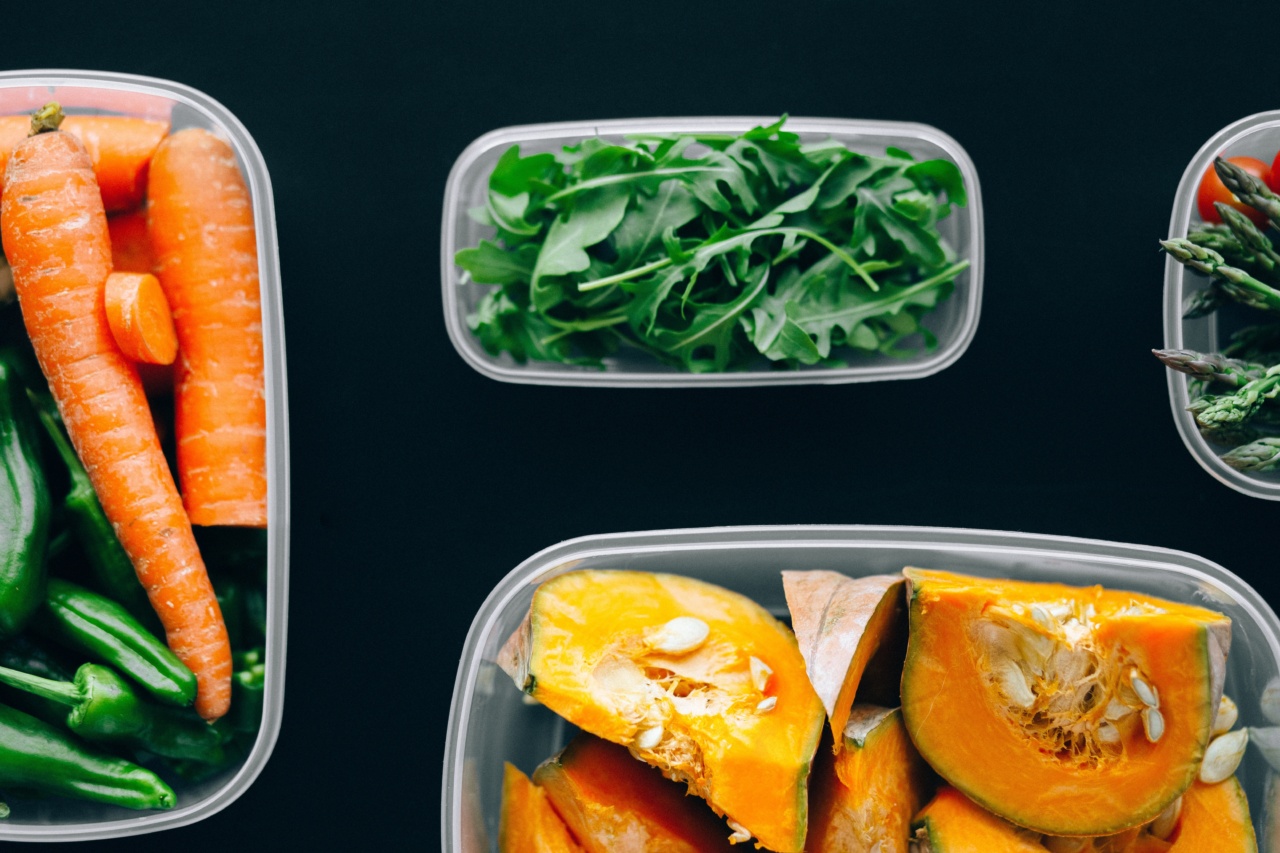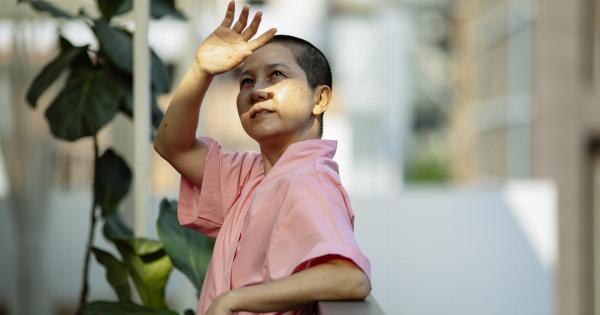Cancer is one of the leading causes of death globally. However, some studies show that consuming foods that contain cancer-fighting carotenoids can help reduce the risk of developing cancer.
Carotenoids are the pigments that give fruits and vegetables their vibrant colors. There are over 600 different types of carotenoids, but only a few have been scientifically proven to have anti-cancer properties.
What are Carotenoids?
Carotenoids are organic pigments that are found in plants, algae, and some bacteria. They come in different colors, including red, yellow, and orange. These compounds are essential for photosynthesis, which is how plants produce energy from sunlight.
The human body cannot produce carotenoids, so they must be obtained from food or supplements. Carotenoids are fat-soluble, meaning they need to be consumed with dietary fat to be absorbed and utilized by the body.
Some of the most well-known carotenoids include beta-carotene, lycopene, and lutein.
Beta-Carotene
Beta-carotene is a carotenoid that is converted into vitamin A in the body. It is found in orange and yellow fruits and vegetables, such as sweet potatoes, carrots, and pumpkins.
Beta-carotene works as an antioxidant, which means it helps protect the body from damage caused by free radicals. It has been shown to lower the risk of lung cancer in smokers and people exposed to secondhand smoke.
Lycopene
Lycopene is a carotenoid that is responsible for the red color of tomatoes, watermelons, and grapefruits. It has been scientifically proven to help prevent some types of cancer, including prostate cancer, breast cancer, and lung cancer.
Lycopene works by reducing inflammation and oxidative stress in the body, which are two processes that can lead to cancer.
Lutein and Zeaxanthin
Lutein and zeaxanthin are carotenoids that are found in dark green leafy vegetables such as spinach and kale. They are also present in corn, egg yolks, and oranges.
These carotenoids are essential for healthy vision and can help reduce the risk of age-related macular degeneration, which is the leading cause of blindness in older adults. Recent studies also suggest that lutein and zeaxanthin may have anti-cancer properties.
Astaxanthin
Astaxanthin is a red-colored carotenoid that is found in salmon, shrimp, and lobster. It is also present in microalgae, which is why flamingos and other animals that consume these organisms have bright pink or orange feathers.
Astaxanthin has been shown to have potent antioxidant and anti-inflammatory properties, which can help prevent cancer.
Other Carotenoids
Other carotenoids that may help prevent cancer include alpha-carotene, beta-cryptoxanthin, and canthaxanthin. Alpha-carotene is found in carrots, pumpkins, and winter squashes. Beta-cryptoxanthin is present in oranges, sweet red peppers, and tangerines.
Canthaxanthin is found in salmon, trout, and crustaceans.
Conclusion
In conclusion, consuming foods that contain cancer-fighting carotenoids can help reduce the risk of developing cancer. Some of the most well-known carotenoids include beta-carotene, lycopene, lutein, zeaxanthin, and astaxanthin.
Other carotenoids that may have anti-cancer properties include alpha-carotene, beta-cryptoxanthin, and canthaxanthin. Adding a variety of fruits and vegetables to your diet can ensure that you get enough of these essential compounds for optimal health.


























